Sure, the notes are important but feeling good about playing them is even more important.
These are the top thirteen ideas I emphasized with kids, the stuff I wanted them to take away from their experience with piano.
13. If you can play xylophone, you can play piano!
12. Respect the piano and it will respect you.
11. You don't need a partner or a team to play piano, just you and a piano!
10. You can travel the world, walk into a strange room with strange people, and if there's a piano there, you can sit down, play a song or two, and within a minute, you'll find you have a lot of new friends.
9. Sure, you have ten fingers but most of the time, you’ll only be using only three or four at the same time. Only four fingers? You can do it!
8. Don't worry if some of it seems tricky right now. Give it some time, give it a rest, come back to it when you feel fresh, and you'll probably be able to figure it out.
7. You don't need a real fancy, expensive piano to make music, but if you want one someday, maybe you'll get one!
6. Don't worry if you want to take some time off, that's okay. Just come back to it later when you feel ready for it!
5. If you can read and follow directions, you can learn how to play piano!
4. There are lots of YouTube videos to help you figure out how to play piano.
3. The reason we play piano is to play songs we like, not songs someone else likes.
2. You can do this!
And the number one thing I wanted kids to remember . . .
Piano is fun!
And if that’s not enough . . .
You can make up your own music on piano!
Look for more piano stuff in “Stacking Skills for Success: Piano – Part Three”.
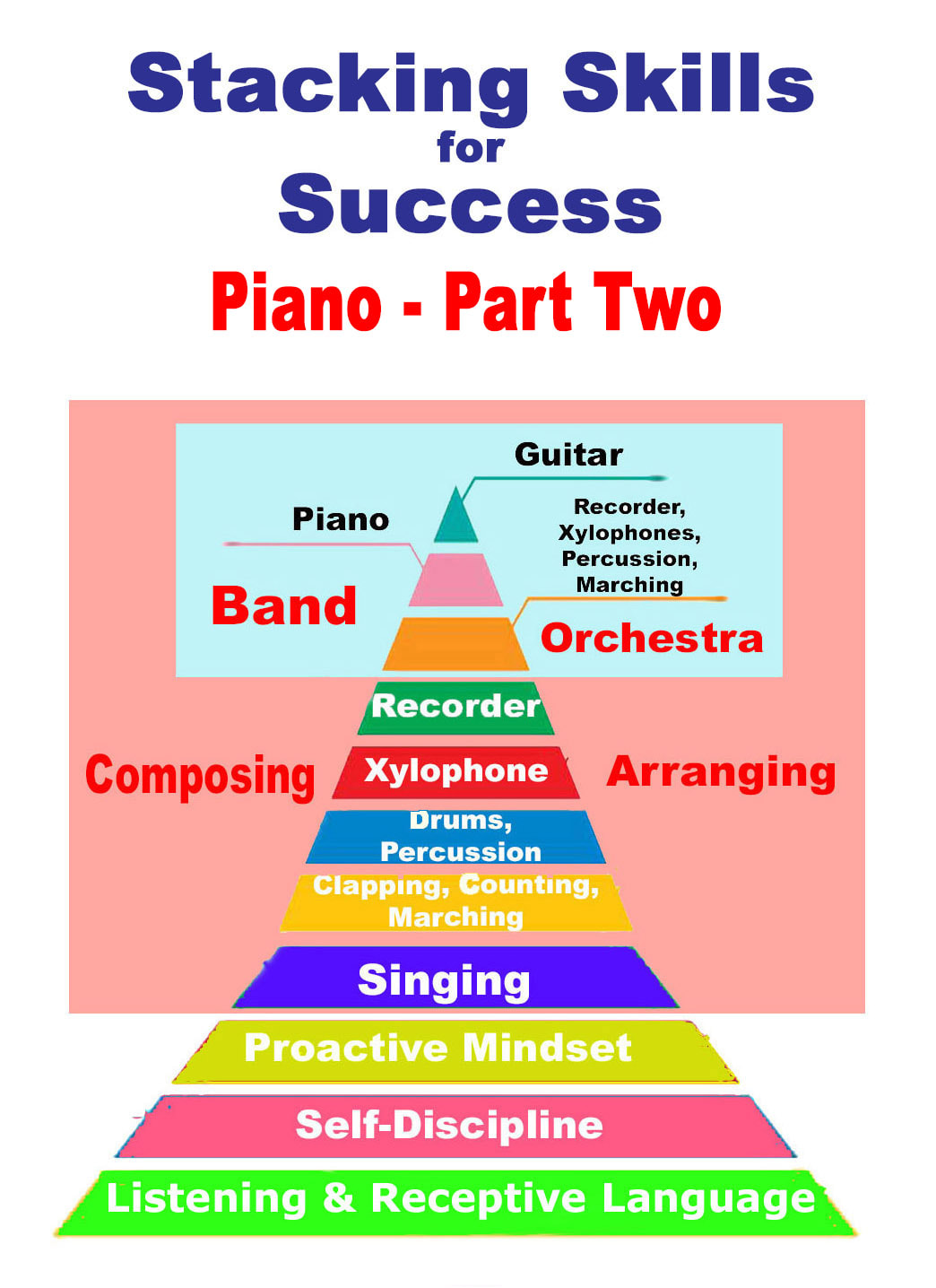
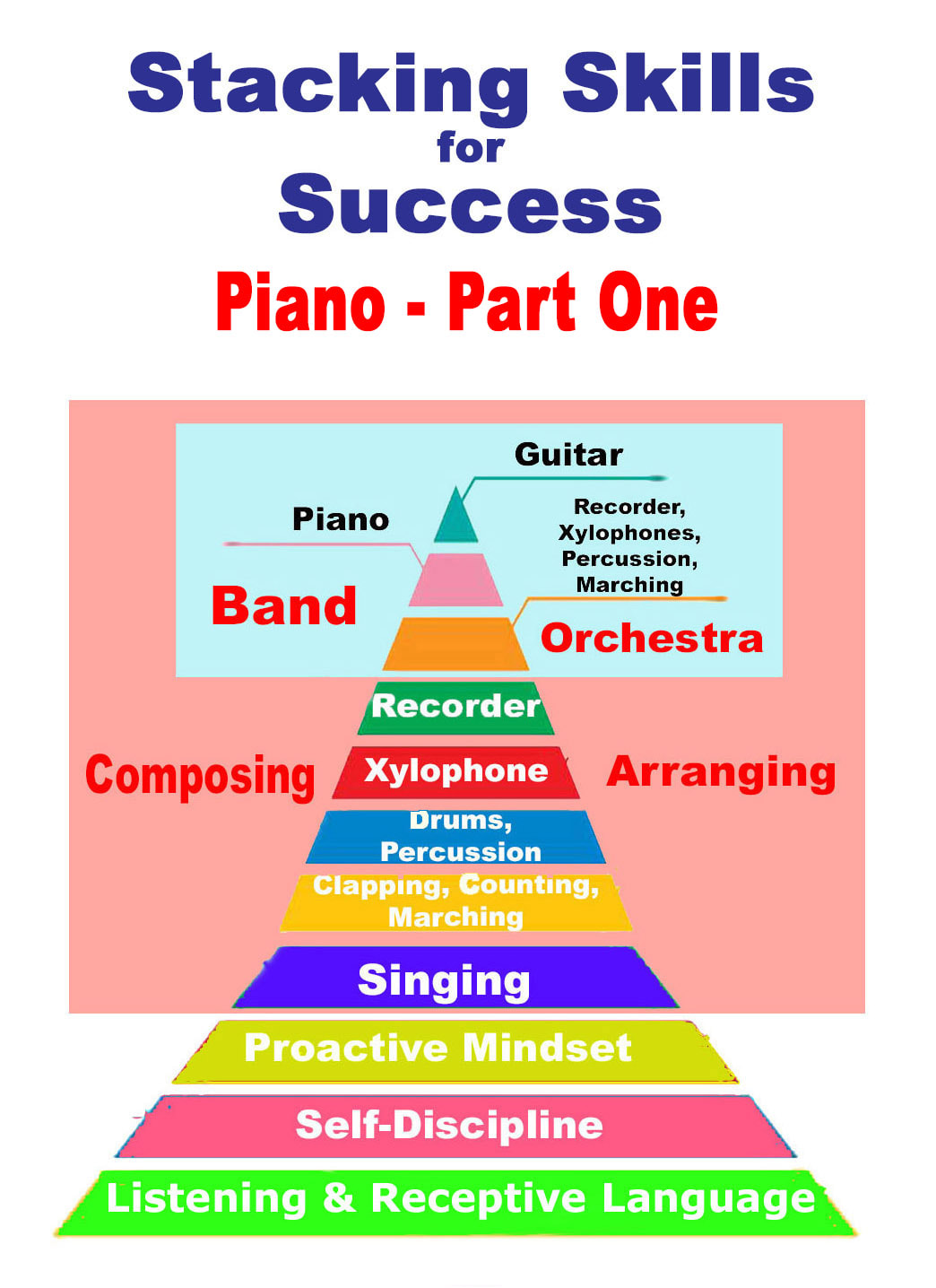
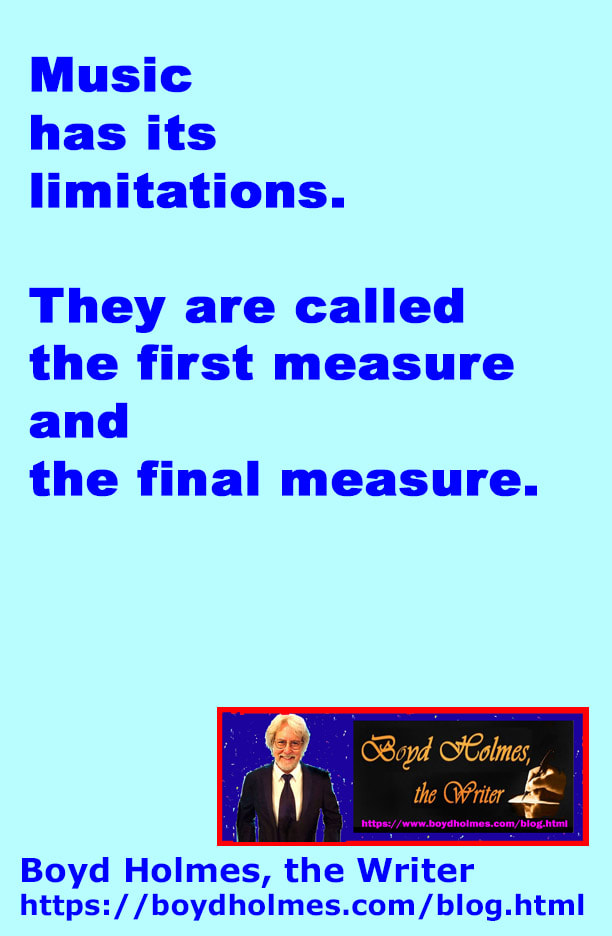

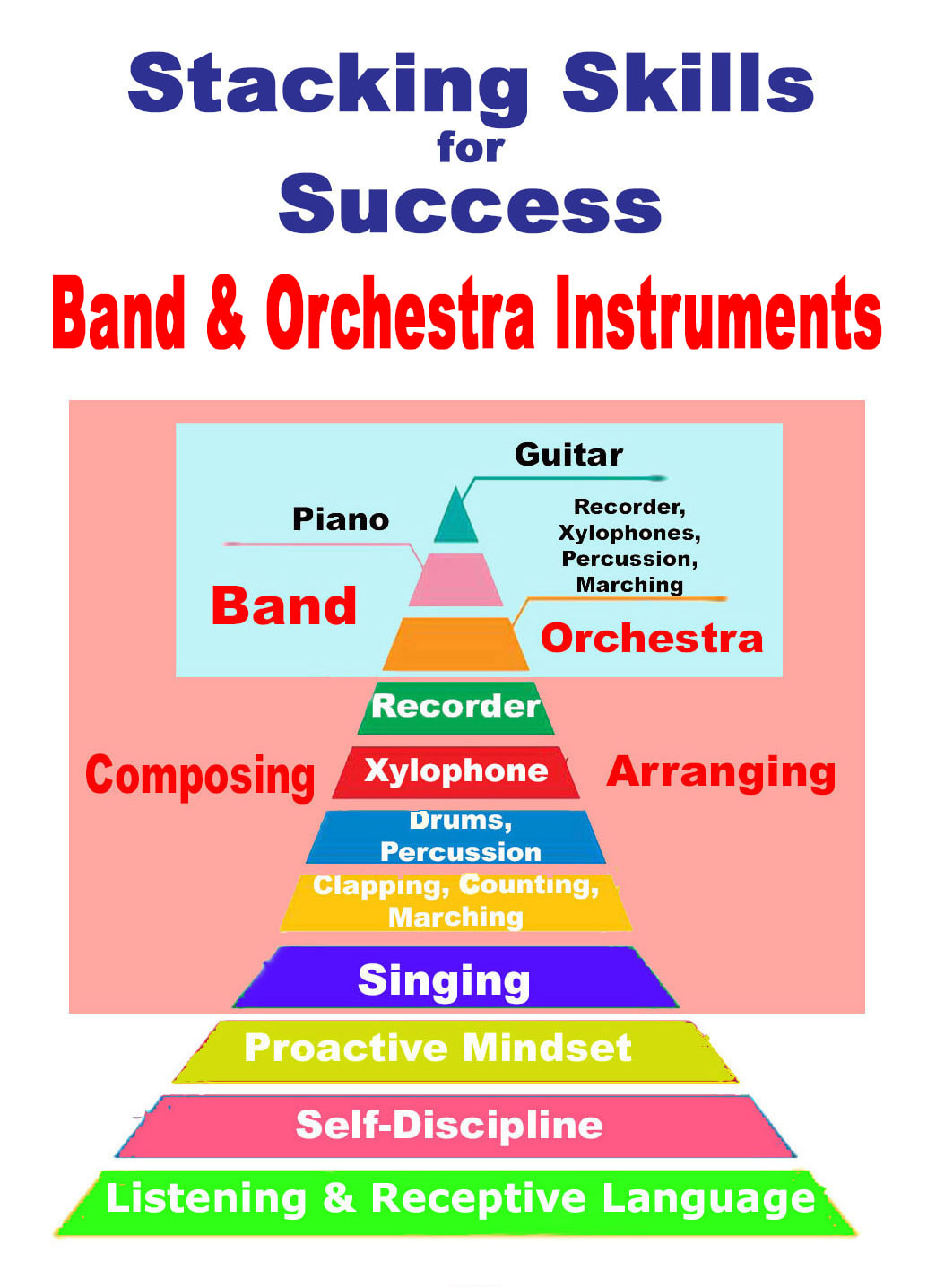
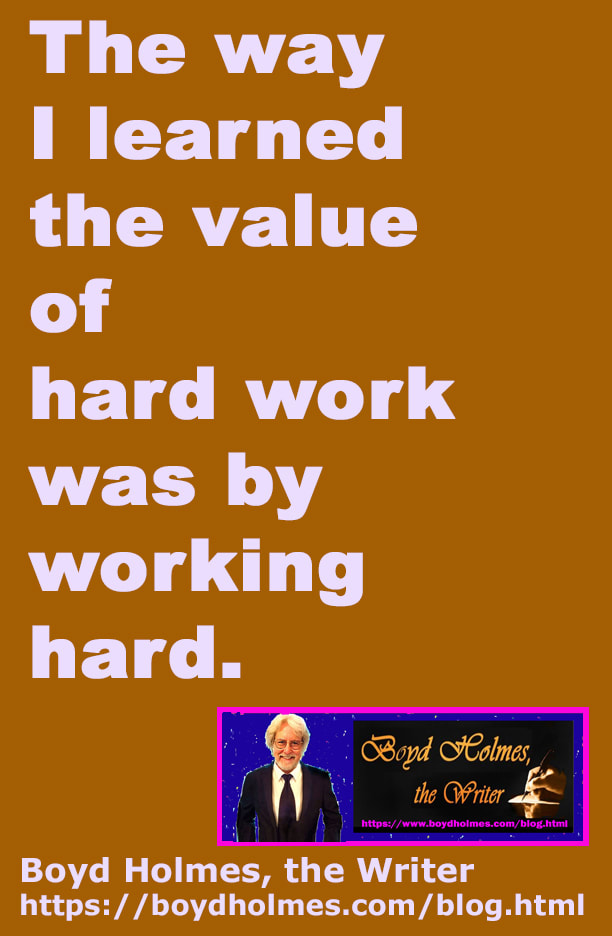


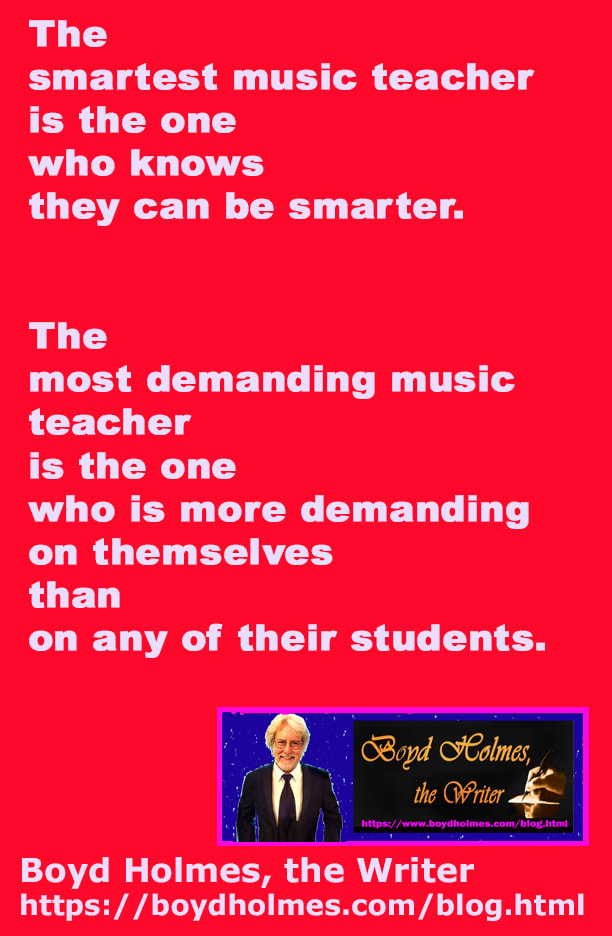
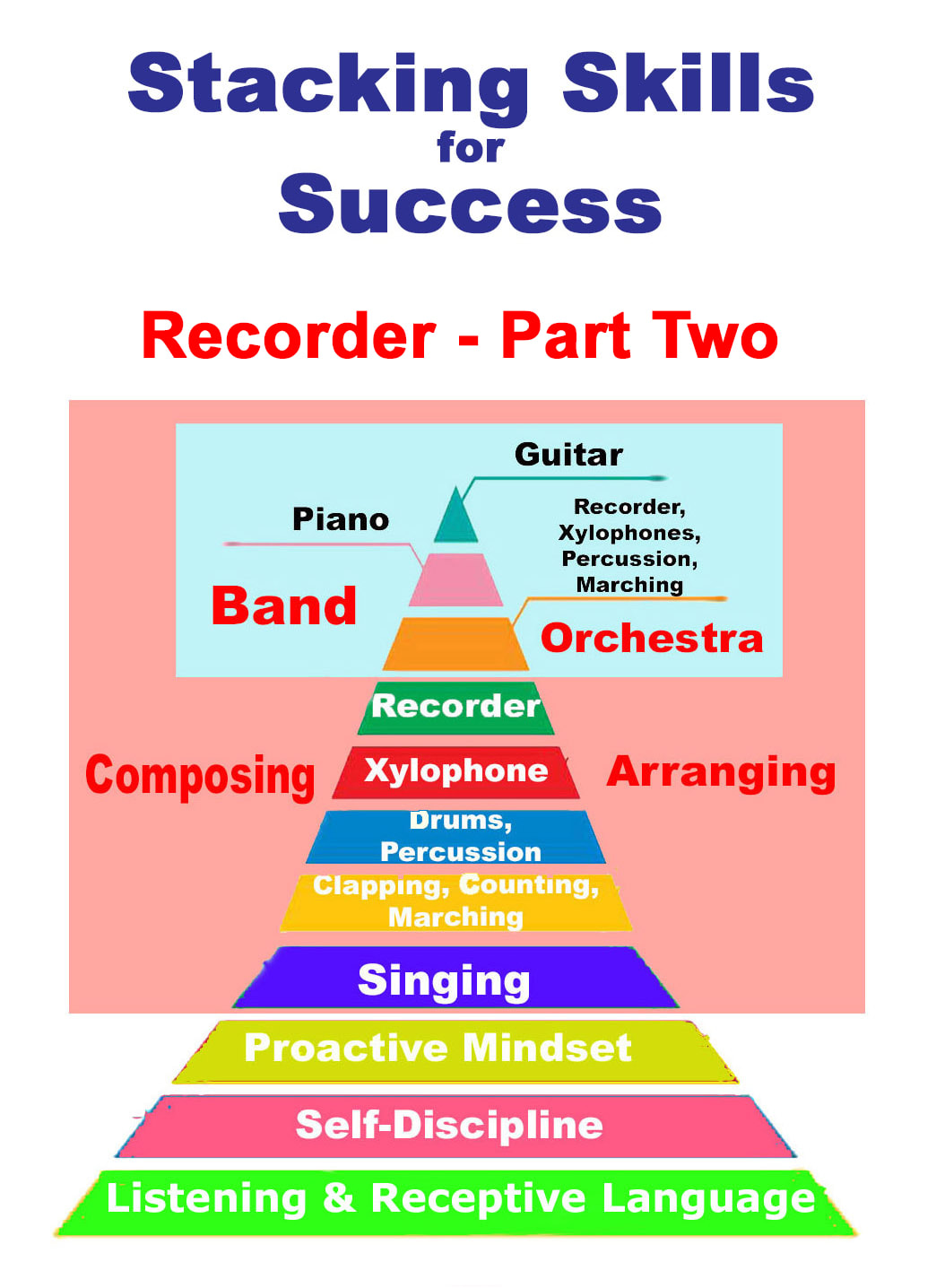
 RSS Feed
RSS Feed